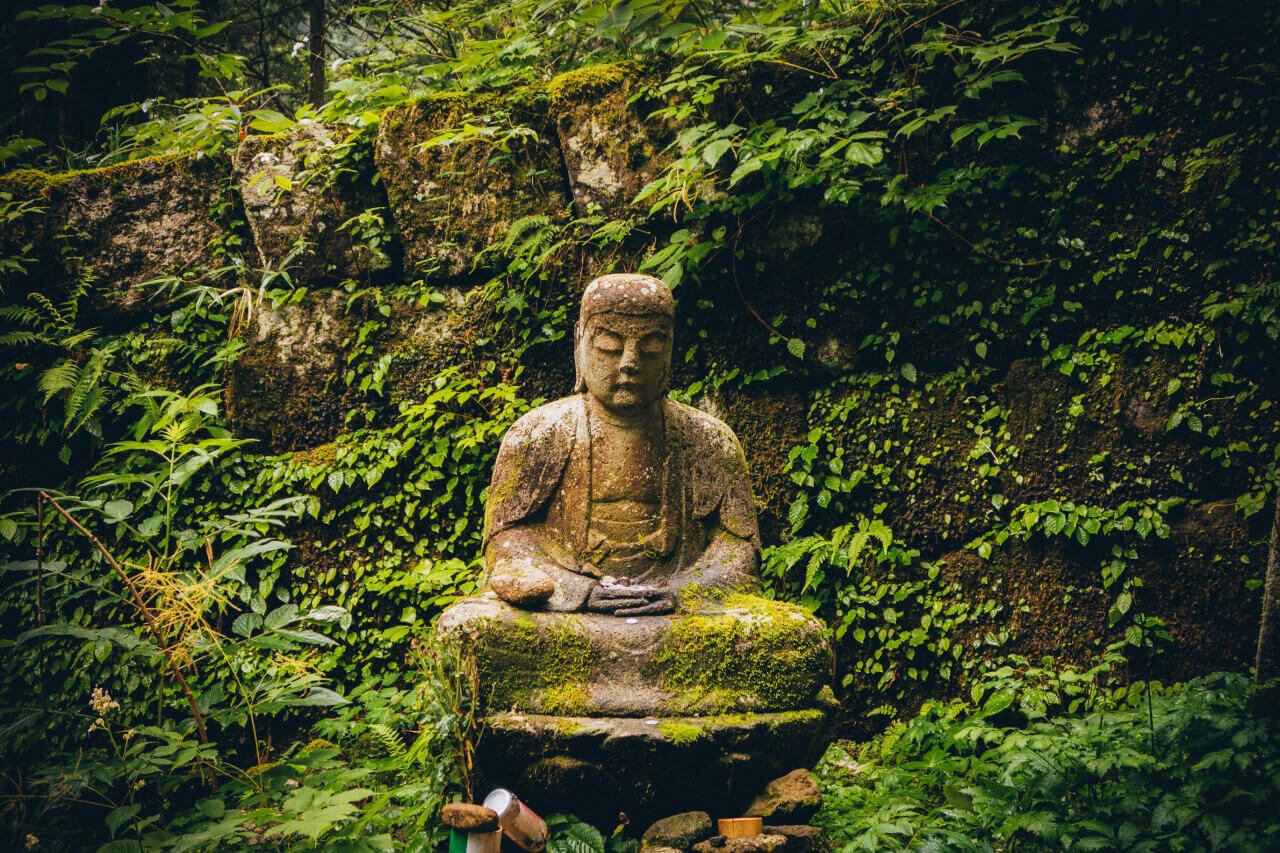Stress & Anxiety – some simple steps to overcome this state of being…Part 1
/In my work, I meet a lot of people who described themselves as “stressed”, “not-coping”, “anxious”, and often in these states, fear that there is something that is terribly wrong with them for this to be happening in their world.
In this short post, I will outline some simple lifestyle changes you can make that are likely to reduce your stress levels.
What is stress?
Let us begin by understanding stress and the stress response.
Triggered by perceived threat to our survival, the stress response is a series of physiological changes that occur within body. These changes are designed to give us a burst of energy to help us fight off our attackers or flee from imminent danger.
During times in human development when such physical danger was an everyday encounter, the activation of this response was incredibly effective in ensuring our survival.
Today however, the threats we encounter are much less likely to require a burst of physical strength, yet our reptilian brain, from where the fight or flight response emanates, can not always differentiate between physical danger due to immanent attack, or feeling overwhelmed when facing an unfamiliar situation. In either scenario, our body understands that our physical wellbeing is at risk, and the stress response is initiated.
Once the threat has passed our body seeks homeostasis, and via the relaxation response, works to return to its normal state.
Chronic Stress
However, given the demanding world we live in, where we perhaps juggle family and work responsibilities, we battle traffic, and maybe face struggles in our relationships, there are times when the cumulative and long-term effect of stress, can propel is into overwhelm and chronic stress. Under chronic stress our systems can become both depleted and over-stimulated, often affecting our ability to sleep, our relationships, how we manage pain, and how we respond in demanding situations. Repeatedly research demonstrates that stress can lower immunity and at worst can be a contributing factor to all major illnesses – both physically and mentally.
Simple things we can we do to help prevent stress becoming chronic stress...
1) Drink water…
We have all heard that we are supposed to drink 6 – 8 glasses of water per day. But how much water do you really drink everyday?
If we recall that our bodies are believed to be 70% water, unless we make an effort to regularly top up our water levels, it makes sense that we can easily become dehydrated. Dehydration is demanding for our body as it works harder to function with a limited supply of H2O pumping through. Given that some statistics suggest that approximately 75% of people in the developed world are dehydrated, it is likely that dehydration affects you. When we are dehydrated, our body experiences this situation as stress. Over a long period of time, if we don’t drink enough water, our bodies can become accustomed to working hard to function in this stressed state. And as discussed earlier, long-term cumulative stress can lead to chronic stress.
2) Spend time in and with nature…
If we think about the continuum of human development, it is a very short period of time in our history that we have lived in environments so removed from the rhythms of nature. We take the pill and HRT to affect our hormonal patterns, with the help of electricity we work long beyond dusk, refrigerated worldwide transport ensures we can eat foods outside of the seasons. As such, in this modern world, we can lose touch with the fact that we are animals of the earth.
Whilst taking an extended retreat to a remote valley maybe our ideal, taking 15 minutes per day to notice our experience in our natural environment, can enable the relaxation response and help us manage our stress levels. This can be as simple as; tending a pot plant, waking with the sunrise, regardless of the season spending time outdoors, admiring the changes in the garden, noticing the birdsong, lying on the grass in the park, taking time to feel the temperature of the air on your skin, playing with your pet, or getting into the habit of buying seasonal produce.
It is as much about taking the time to bring our attention to the nature that we live within, whilst also ensuring we have extended periods of being in nature on a regular basis.
3) Move, baby move….
Whilst we know that exercise increases our overall health, exercise also significantly contributes to our sense of wellbeing. Regular exercise, can help us; release tension, generate endorphins which help us manage pain, increase our self-confidence and sense of self-mastery, plus often has the added benefit of improving our sleep. According to the Anxiety and Depression Association of America even 5 minutes of aerobic exercise per day, can reduce the effects of anxiety.
If you would like to learn some more strategies in managing stress, sign up to our newsletter to the right and keep an eye out for our upcoming blog posts.
(Sarah Sacks is a qualified therapist, who works from her practice in St Kilda East, The Grove Counselling & Therapy. Taking a holistic approach to counseling, Sarah works hard to empower her clients to find their own path to recovery.)


